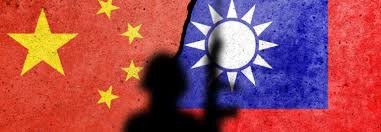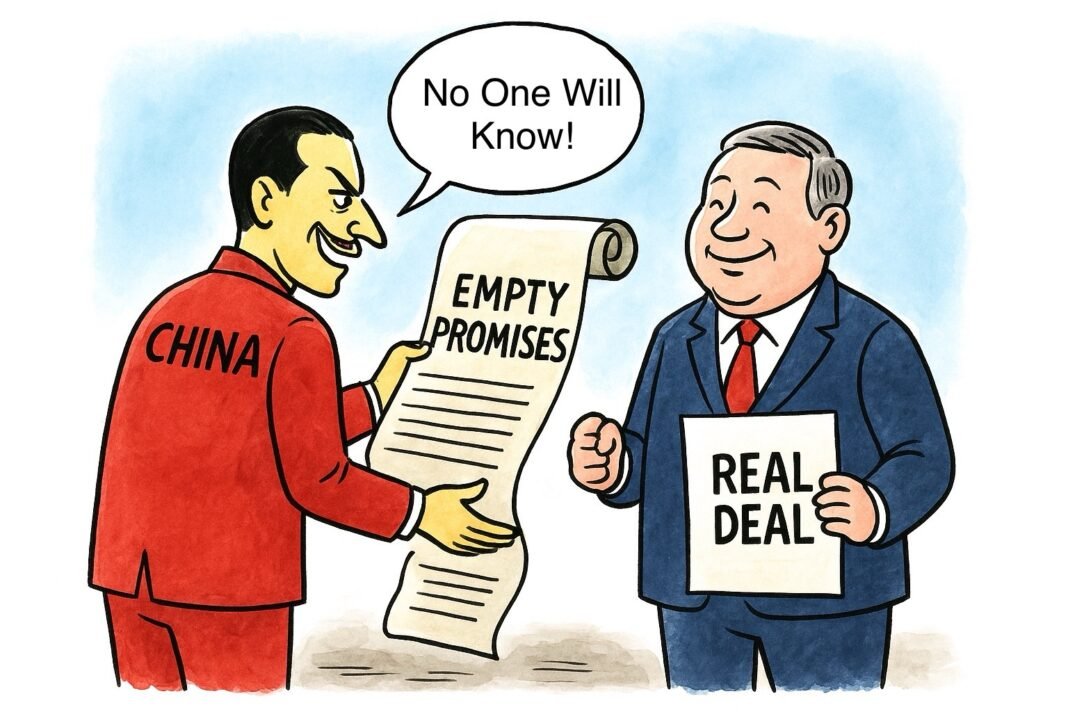In recent months, China has ramped up its displays of military strength, launching advanced hypersonic missiles, conducting joint air and sea patrols near Taiwan, and parading state-of-the-art drones and stealth aircraft. While Beijing claims these actions are routine or defensive, the message is anything but subtle: China is flexing its military muscle to send a warning to Taiwan and the world.
These shows of force aren’t just exercises. They’re political statements, deliberate, strategic, and meant to wear down Taiwan’s sense of security and sovereignty. For a self-governed island of 23 million people living under the constant shadow of a regional superpower, the stakes couldn’t be higher.
Military Advances with a Message
China’s military has undergone a stunning transformation. Once considered bloated and outdated, the People’s Liberation Army (PLA) is now one of the most technologically advanced in the world. Hypersonic weapons that can evade U.S. missile defense systems. Stealth fighters with long-range strike capability. Swarms of AI-powered drones. A navy that has grown larger than America’s in terms of sheer numbers.
And Beijing is putting these weapons to use, not in war, but as a form of intimidation. Chinese fighter jets now routinely cross the median line in the Taiwan Strait, a once-respected buffer zone. Naval vessels circle the island in what Taiwan’s military calls “encirclement drills.” These moves are designed to normalize the threat of force, sending a chilling message to Taipei: You are surrounded, and we are watching.
Sovereignty under Pressure
Taiwan has never been ruled by the Chinese Communist Party. It has its own government, its own elections, its own military, and a society that is overwhelmingly in favor of maintaining the status quo—de facto independence. Yet Beijing continues to insist that Taiwan is a “breakaway province” and has not ruled out using force to “reunify” it with the mainland.
This isn’t just a war of words anymore. The military build-up, combined with aggressive rhetoric from Chinese officials, makes clear that the threat is real. And Taiwan’s sovereignty, the right of its people to determine their own future, is directly in the crosshairs.
A Dangerous Game of Brinkmanship
The biggest danger here may not be an all-out war, but a miscalculation. With U.S., Chinese, Japanese, and Taiwanese forces all operating in close quarters, one wrong move, a jet straying too far, a missile locking on by mistake, could trigger a crisis that spirals out of control.
China’s growing confidence under Xi Jinping, now serving an unprecedented third term, is only making the situation more volatile. The leadership in Beijing may believe that a show of force is necessary to keep Taiwan in line, or worse, that the time is ripe for action.
The World Cannot Look Away
The international community has a responsibility here. Supporting Taiwan doesn’t mean provoking China. It means making clear that military aggression will not be tolerated, and that Taiwan’s right to self-determination must be respected.
That support can come in many forms: greater participation for Taiwan in international organizations, stronger diplomatic ties, and yes, continued defense cooperation to deter any potential attack. Most of all, it means refusing to be silent in the face of growing coercion.
Taiwan is not trying to start a fight. It is simply trying to live in peace, govern itself, and maintain its democracy. China’s military posturing threatens all of that – and the world must take notice before it’s too late.
Special Note: Following Opinion Piece is Contributed by Senior Pakistani Journalist Muhammad Zaheer Alam.


